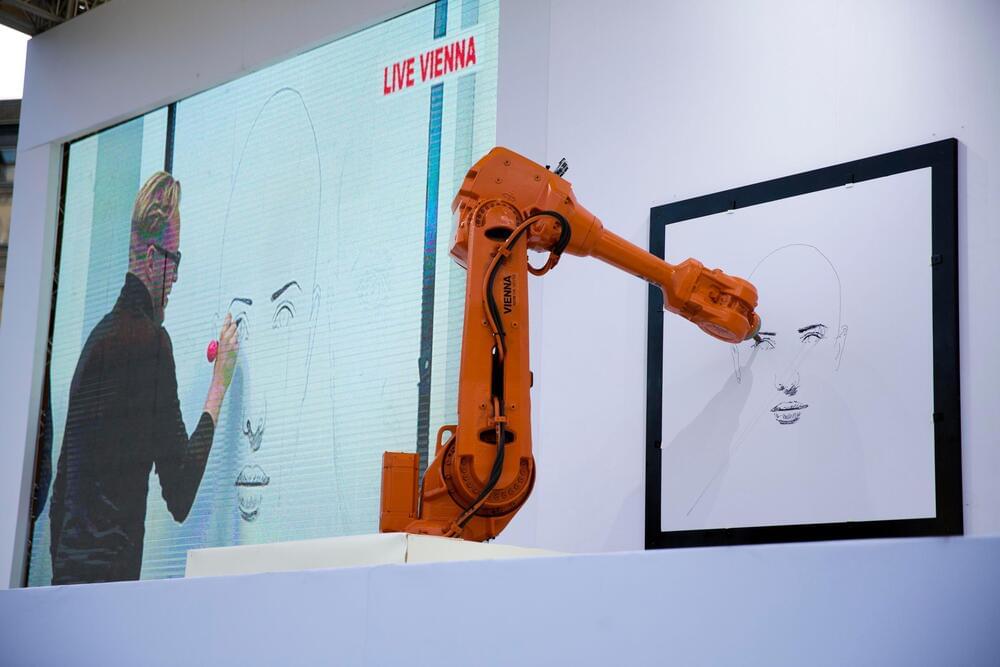Senior corporate officers across the nation are wringing their hands. The 2023 economic climate is uncertain, but one thing is for sure—more layoffs are coming. In November 2022 alone, more than 80,000 layoffs were announced from tech giants like Meta, Amazon, and Twitter, as well as conventional companies like PepsiCo, Goldman Sachs, and Ford.
Downsizing is one of the most difficult things that leaders ever have to accomplish.
AI can offer objective performance evaluation to help managers decide who stays and who goes. AI software startups like GoFusion Perfacto and Entomo use data from employee productivity, attendance record, and other KPIs to help separate the star players from the rest on the basis of objective performance metrics.
This approach provides department heads a justification for their downsizing decisions, freeing both leaders and teams of the worst ills of purely subjective decision-making.
When put under pressure to downsize, it is human nature for managers to make decisions biased towards short-term needs. Retaining the talent most critically needed for your organization’s core business activities today makes sense in theory. But when that happens across the board, it can leave you unprepared to take on your most important future-facing strategic initiatives.



